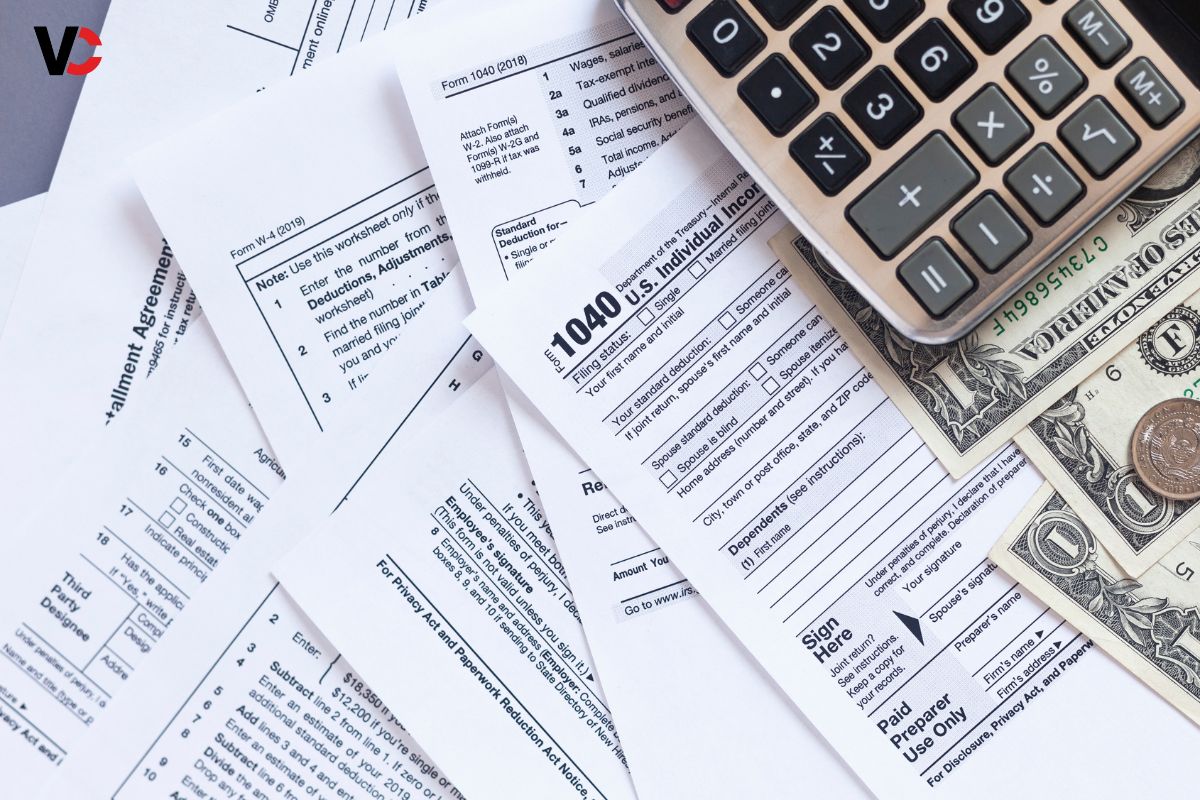Taxes are a fundamental aspect of any functioning society. They provide the necessary funds for public services such as healthcare, education, infrastructure, and social security. Understanding the different types of taxes can help individuals and businesses plan their finances more effectively. This article delves into the various types of taxes, their implications, and their roles in the economy.
Here are 19 Types of Taxes:
1. Income Tax
Income tax is perhaps the most well-known type of tax. This types of taxes is levied on the income earned by individuals and businesses. The amount of income tax owed depends on the income level, with higher earners typically paying a larger percentage of their income. There are two main types of taxes: personal income tax and corporate income tax.
2. Personal Income Tax
Personal income tax is imposed on the income of individuals, including wages, salaries, and other earnings. These types of tax are usually progressive, meaning the rate increases as the income level rises. Taxpayers may be eligible for various deductions and credits that can reduce their taxable income, such as deductions for mortgage interest, charitable donations, and education expenses.
3. Corporate Income Tax
Corporate income tax is levied on the profits of corporations. The tax rate can vary significantly between countries and even between states within a country. Corporations can also take advantage of deductions and credits to reduce their taxable income, such as deductions for business expenses, research and development costs, and employee benefits.
4. Sales Tax

Sales tax is a consumption tax imposed on the sale of goods and services. It is typically a percentage of the sale price and is collected by the seller at the point of sale. Sales tax rates vary widely by jurisdiction and can range from a few percent to over ten percent.
5. Value-Added Tax (VAT)
A specific type of sales tax is the value-added tax (VAT). VAT is a tax on the value added to a product at each stage of its production or distribution. Unlike traditional sales tax, which is only collected at the point of sale to the end consumer, VAT is collected at each stage of the supply chain. Businesses can often reclaim the VAT they have paid on their purchases, which helps to avoid double taxation.
6. Property Tax
Property tax is levied on the value of real estate properties, including land and buildings. The amount of property tax owed is usually based on an assessment of the property’s value. Property taxes are a significant source of revenue for local governments and are often used to fund public services such as schools, police, and fire departments.
7. Real Estate Tax
Real estate tax is a type of property tax specifically levied on real estate properties. The tax rate can vary depending on the location and the type of property. Homeowners may be eligible for various exemptions and deductions that can reduce their property tax liability, such as homestead exemptions and senior citizen exemptions.
8. Personal Property Tax
Personal property tax is another type of property tax, but it is levied on personal property such as vehicles, boats, and machinery. These types of taxes rates and the types of personal property subject to tax can vary by jurisdiction. Some states and localities may exempt certain types of personal property from taxation.
9. Payroll Tax

Payroll tax is levied on employers and employees to fund social security and healthcare programs. This tax is typically a percentage of an employee’s wages and is shared between the employer and the employee. Payroll taxes are a crucial source of funding for Social Security and Medicare in the United States and similar programs in other countries.
10. Social Security Tax
Social Security tax is a payroll tax that funds social security programs, which provide benefits to retirees, disabled individuals, and survivors of deceased workers. In the United States, the social security tax rate is currently 6.2% for both employers and employees, up to a certain income limit.
11. Medicare Tax
Medicare tax is another payroll tax that funds the Medicare program, which provides healthcare coverage for individuals aged 65 and older and certain disabled individuals. These types of taxes Medicare tax rate is currently 1.45% for both employers and employees, with no income limit. High-income earners may be subject to an additional Medicare tax of 0.9%.
12. Excise Tax
Excise tax is a specific type of sales tax levied on particular goods and services, such as gasoline, tobacco, and alcohol. Unlike general sales tax, which applies to a broad range of goods and services, excise tax is typically imposed on products considered harmful or non-essential. The revenue generated from excise taxes is often used to fund specific programs, such as road maintenance and public health initiatives.
13. Gasoline Tax
The gasoline tax is an excise tax levied on the sale of gasoline. These types of taxes are usually a fixed amount per gallon and is used to fund transportation infrastructure projects, such as road construction and maintenance. Gasoline tax rates can vary significantly between countries and states.
14. Tobacco Tax
A tobacco tax is an excise tax imposed on the sale of tobacco products, such as cigarettes and cigars. This tax is intended to reduce tobacco consumption and generate revenue for public health programs. Tobacco tax rates can vary widely by jurisdiction and can be a significant source of revenue for governments.
15. Alcohol Tax
Alcohol tax is an excise tax levied on the sale of alcoholic beverages, including beer, wine, and spirits. Similar to tobacco tax, alcohol tax is intended to discourage excessive alcohol consumption and raise funds for public health programs. Alcohol tax rates can vary by type of beverage and by jurisdiction.
16. Estate Tax

Estate tax, also known as inheritance tax or death tax, is levied on the transfer of assets from a deceased person to their heirs. The amount of estate tax owed depends on the value of the estate and the relationship between the deceased and the heirs. Estate tax rates can vary significantly between countries and states.
17. Import and Export Taxes
Import and export taxes, also known as tariffs, are levied on goods that are brought into or shipped out of a country. These taxes are intended to protect domestic industries and generate revenue for the government. Import and export taxes can vary widely depending on the type of goods and the country of origin or destination.
18. Import Tax
Import tax is levied on goods brought into a country. These types of taxes rate can depend on the type of goods, their value, and their country of origin. Import taxes are often used to protect domestic industries from foreign competition and to raise revenue for the government.
19. Export Tax
Export tax is levied on goods shipped out of a country. The tax rate can depend on the type of goods and their destination. Export taxes are less common than import taxes and are usually imposed to ensure an adequate supply of certain goods within the country or to generate revenue.
Conclusion
Understanding the different types of taxes is essential for individuals and businesses alike. Taxes play a crucial role in funding public services and maintaining the infrastructure necessary for a functioning society. By familiarizing themselves with the various types of taxes, taxpayers can make informed decisions and plan their finances more effectively.
Whether it’s income tax, sales tax, property tax, or any of the other types of taxes discussed in this article, each tax serves a specific purpose and has unique implications. By staying informed about the different types of taxes, taxpayers can better navigate the complexities of the tax system and ensure they
Also Read:15 Top Consulting Firms in the World



















